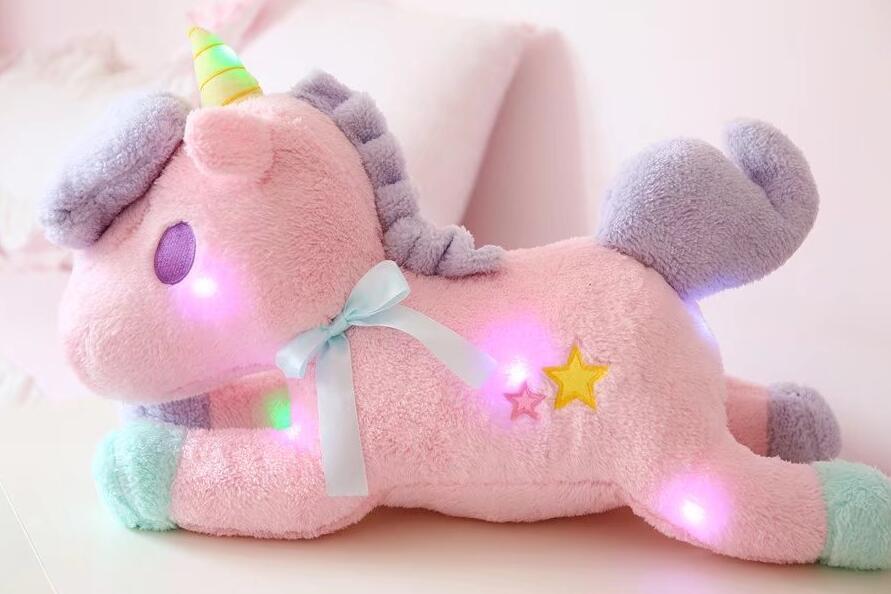Stuffed animal toys – the fluff, the fur, the sweet faces. All of this adds up to something more than just another “baby purchase”. Just think about your first fluffy friend. Did it smile when you smiled? Did it laugh when you made jokes? Did it hold your hand when you were scared? And finally, did your best childhood friend have soft fur and diamond hard eyes?

For most children, the first relationship that they develop outside their family isn’t with a teacher or a babysitter, but with a special stuffed animal. The choices vary from child to child, from unicorn stuffed animals to bears, puppies and many more. The benefits these little playmates offer are countless, and should not be overlooked. They provide children with comfort and companionship and they are the perfect audience – attentive and encouraging. Children develop all kinds of skills playing with these – they teach, talk, take care of them and become better human beings in the process. Having all this in mind, let’s go through some of the benefits stuffed animals provide for different age groups.
Toddler
The simple feeling of hugging a soft, stuffed animal easily transcends and evolves into feelings of empathy and kindness. When toddlers are between the ages of two and three, they start to familiarize with the different type of stuffed animals – their characteristics and the sounds they make. Additionally, at this phase, toddlers begin to name their companions, and different stuffed animals help young children recognize words like cat, dog, unicorn, bear and many more. Moreover, all kinds of emotions are tested out on these silent friends – they may be thrown, hugged, hit and kissed. Parenting skills are also part of the process since by imagining things such as feeding, diaper changing, and nap times, your child is able to engage in nurturing skills. By rehearsing these situations, toddlers work through challenges and demonstrate their observations.
Preschooler
Regardless of the form of your child’s favourite stuffed animal, as a preschooler, he or she will be able to see it in other, more complex roles. They can turn their unicorn stuffed animals into princesses, teachers, or turn their stuffed teddy bears into any movie characters they like. A vivid imagination is an important skill, and it should be encouraged from a very young age. At this age, children should be able to confide in order to release any negative feeling or sadness, and stuffed animals are perfect companions and a good thing for children to take comfort in. If your child speaks aloud, besides receiving comfort, he or she will also develop and improve the skills related to speech and vocabulary.
School Age
At the young age of five, children enjoy participating in a game of reenacting situations that they have already experienced. Children then engage in role-playing with their stuffed animals in order to understand and deal with different situations and different, new people. Stuffed animals can easily play the role of students in a classroom, audience for any show, or even a gang of pirates.
























